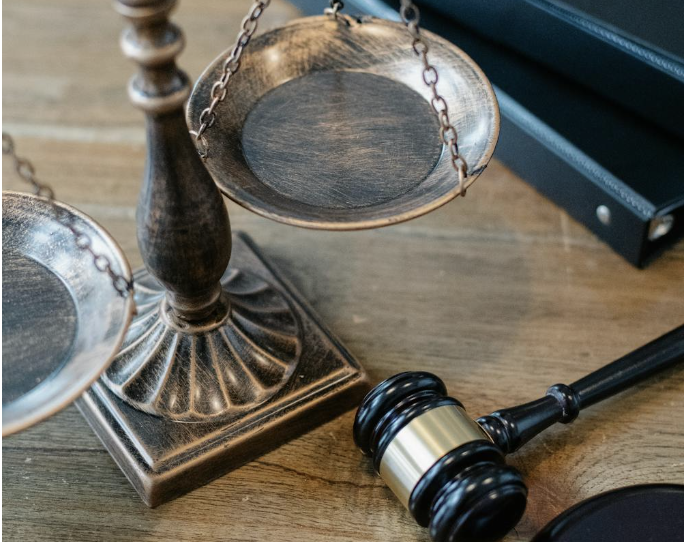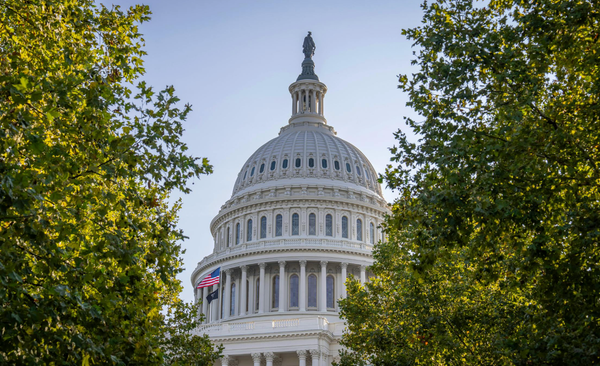The Fabrication of Criminality

At the time of this newsletter's drafting, several international scholars, students and academics sit in immigration detention after sudden, brutal arrests. The American state's rationale for their abrupt removal from their homes, careers and families are that these individuals aided the militant and political movement of Hamas.
I don't claim any legal expertise on the justifications of these decisions by the Trump Administration, aided by Pam Bondi and Marco Rubio, his lieutenants at the Departments of Justice and State. However, these decisions by the administration aren't just legal matters– they're also political matters.
The visuals of these arrests of Columbia's Mahmoud Khalil or Tuft's Rumeysa Ozturk meant to serve as trophies to the administration's ambitions to exterminate Palestinians. They are a precursor to, and I quote Marco Rubio, "do it every day, every time I find one of these lunatics."
Since 2023, the framing of Palestinian advocacy, intellectual work and protest has been equated with antisemitism. Law enforcement institutions' practice and conduct in the United States have consistently included protests against the conduct of the Israeli state. This bipartisan viewpoint has already led to the sanctioning, disciplinary retaliation and institutional punishment of international students at various American universities and workplaces. Trump's second presidency escalates these practices further, and makes a spectacle of these continued apprehensions. The revocation of visas and green cards, two processes that comphrehensively vet the backgrounds of applicants, simply changes the record of what constitutes legal behavior to force crimes into existence.
The key strategy by Trump's team here is the retroactive fabrication of labels of extremism, criminal conduct and support of a terrorist organization. The classification of Palestine-sympathetic social media and opinion writing as criminal activity itself serves several functions:
- An attempt to trick the public that this activity was illegal all along
- Justification for present and future actions, strategy and tactics by law enforcement
- Editorial copy for News organization report that leave a paper trail for the re-classification
All of the components of this reclassification aim to fabricate guidelines of legality that are suddenly and selectively being enforced to throttle political thought, academic freedom and civil society activity. Regardless of legal outcomes, the politics of making up charges, terrorist links and extremism is meant to make the punishments look more acceptable to Trump's base and the news-skimming public. There is a reason that those who are targeted aren't white collar criminals on visas and green cards, but those that express already marginalized political viewpoints.
The political use of fabricating infractions and criminal conduct is not new for the United States or other authoritarian systems in the world. Reporters covering Black Lives Matter protests were slammed to the ground by police in 2014, 2020 and beyond for simply standing on a sidewalk too long (fabricated into resisting arrest and other charges). In China, the term "picking quarrels and provoking trouble" and other catch-all categories of misconduct are used to abruptly detain and hold civil society advocates, community organizations and labor organizers for indefinite periods. Protest laws in the United Kingdom have expanded police capacity to arrest people for carrying certain objects and obstructing traffic.
These three scenarios I've described have many differences in system, political creed and other factors. I'm not comparing the systems of the U.S., China and U.K, however. I'm comparing the specific practices of fabricating criminality, criminal conduct and legal infractions.
The political purpose for retroactively fabricating criminality is to make a publicly visible example of expression. Trump uses similar rationales to go after specific law firms who he believes are a nuisance to him. Elon Musk uses the social media site he purchased to try to antagonize trans people, feminists, video game companies and whatever nonsensical beef he has any given week.
Unfortunately for us, these people have the keys to federally prosecute people and pressure state, local, and private institutions to take actions along similar lines. The criminalization of DEI and the three values it stands for (diversity, equity and inclusion) is a political means to cut funding pipelines for good. Columbia or University of Michigan can temporarily accept the bargain of eliminating DEI practices to get funding. However, there's no guaranteed that they will ever be politically protected from future cuts, policies or other ways the government makes their lives difficult.
Where does the fabrication of criminality take us in the long run? What kind of United States does this practice build? From my experience studying, analyzing and tracking what this practice has done to Chinese civil society, I expect precaution as a default by institutions and media. Corporations like Meta and Google will continue to aim for contracts, favored political operating environments and lobbying perks through assisting law enforcement. Political and social life of Muslims, Arabs, Turkic minorities and other groups will undergo increased surveillance and be categorized as more "likely" to hold extremist and criminal viewpoints.
Through this all, Trump will go on ignoring court orders. Why shouldn't he? When you can fabricate criminality, everyone is capable of crimes except you.



